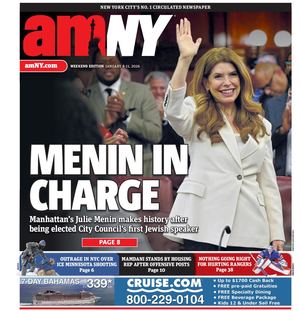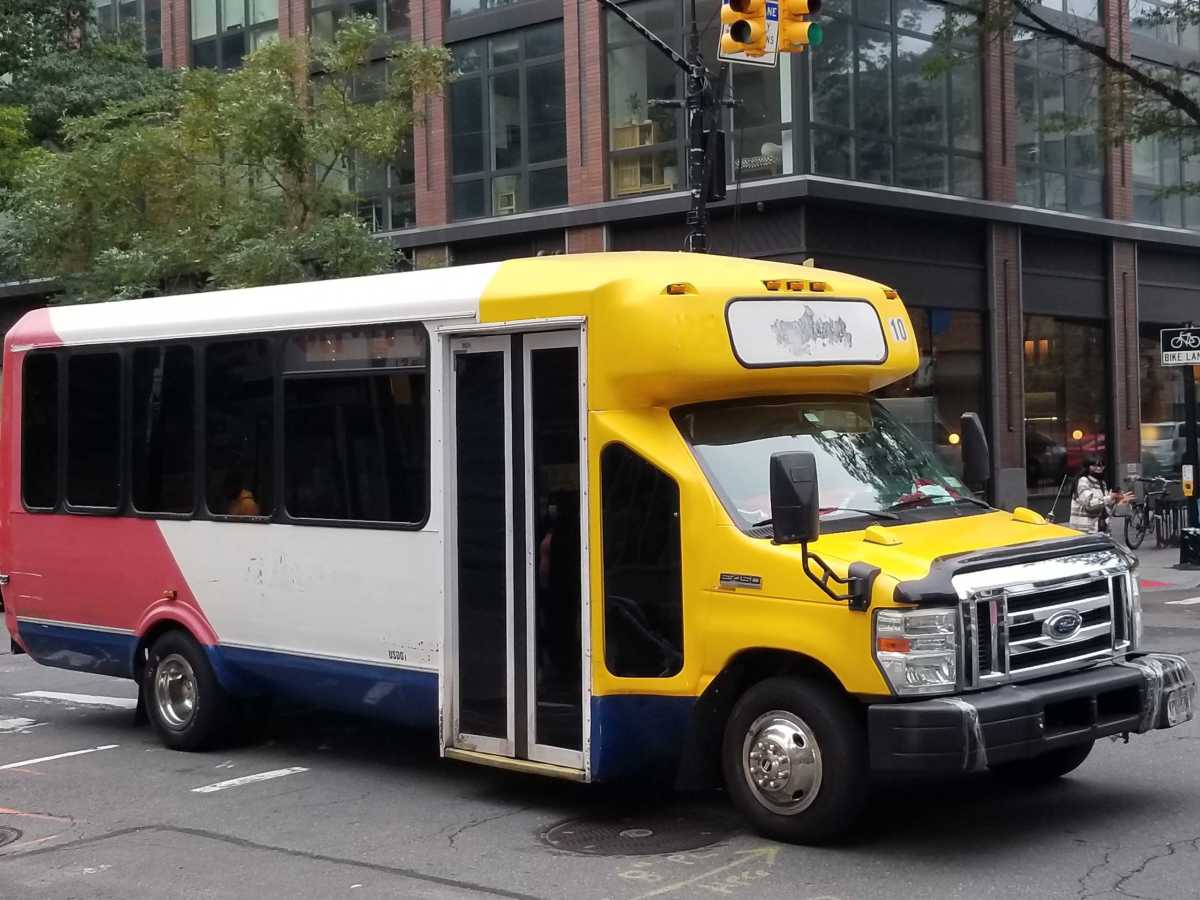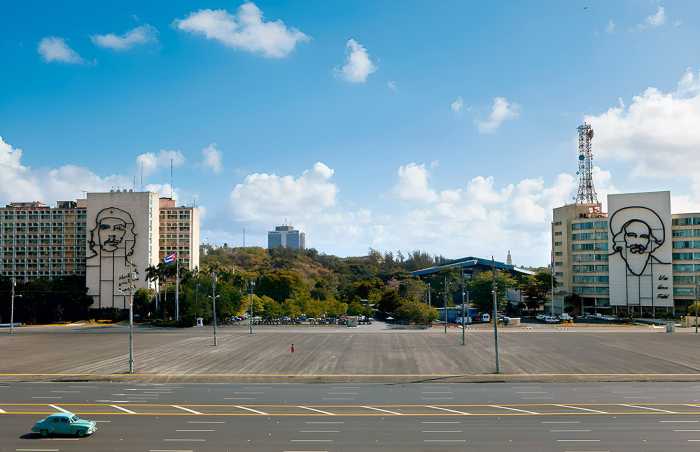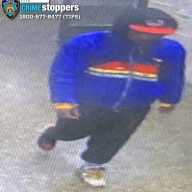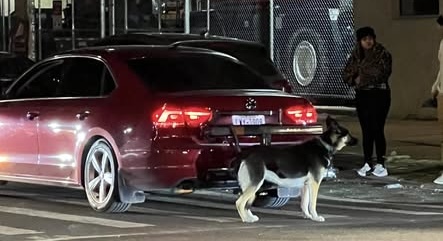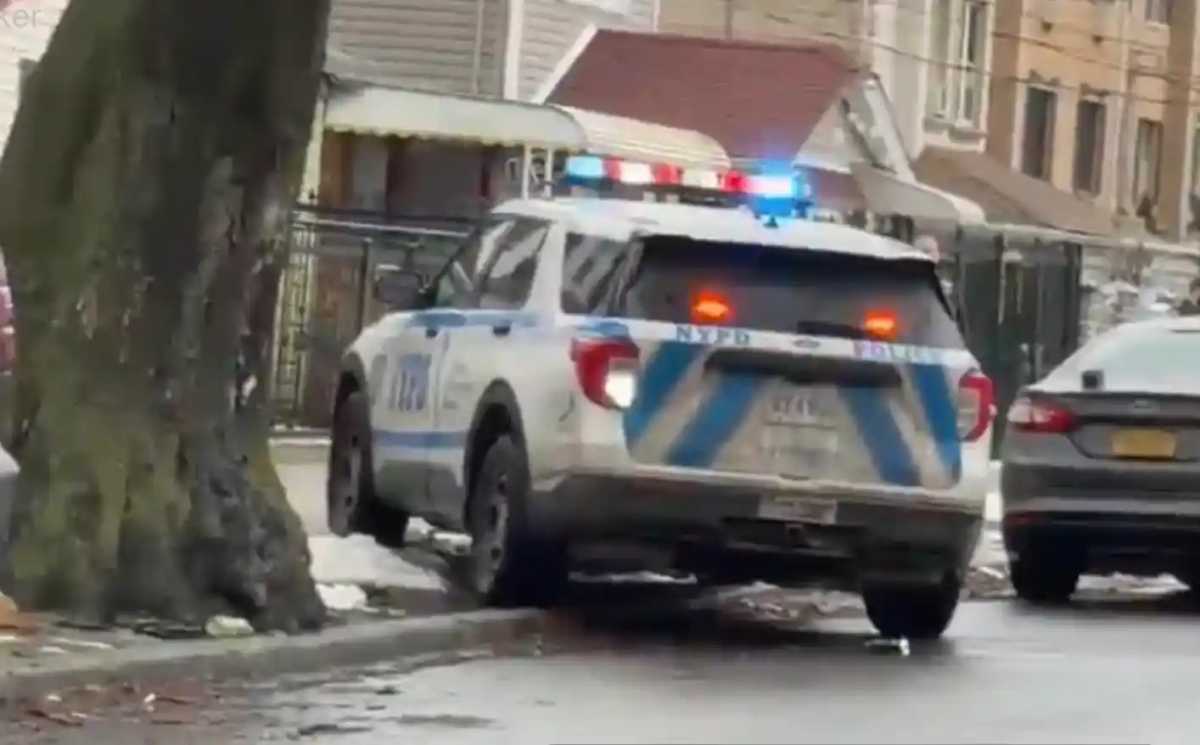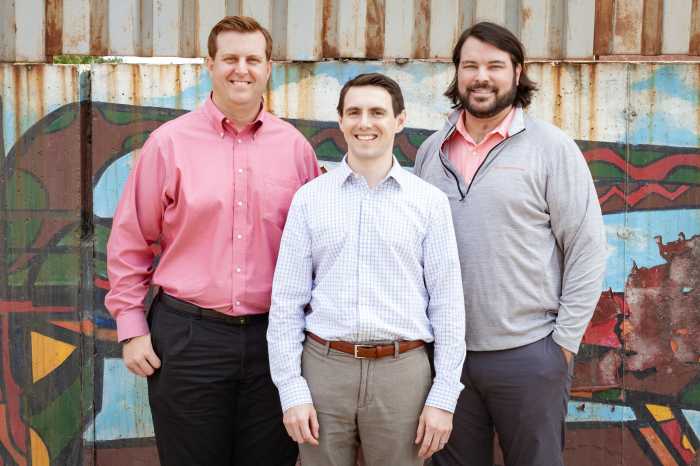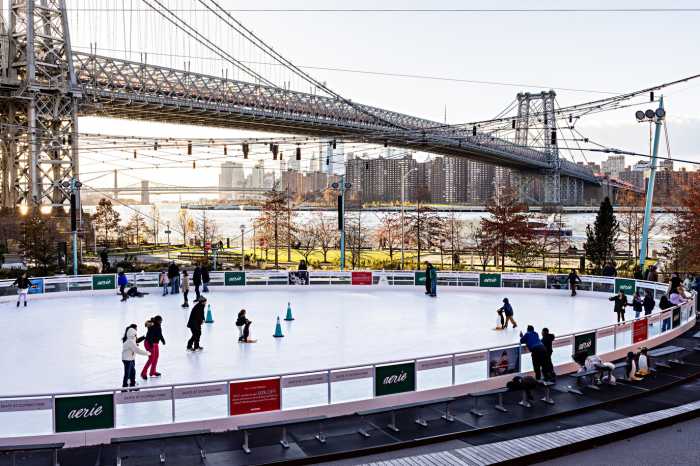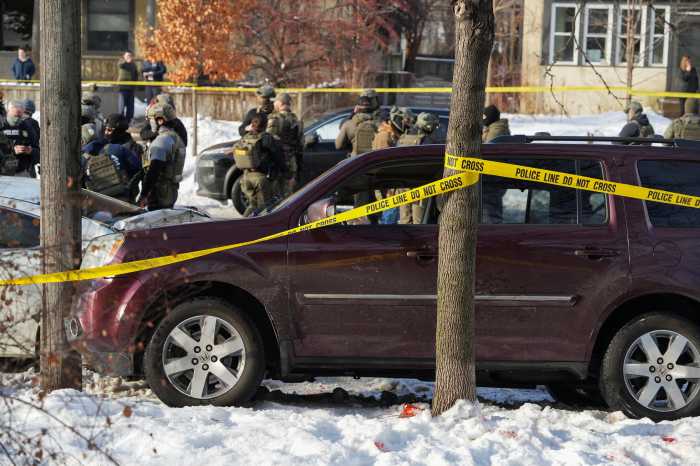The city’s unofficial commuter van industry is in positive spirits after the Adams administration announced support on Thursday for a crucial state bill, which would legalize street hails for the sprawling sector.
Taxi and Limousine Commissioner David Do told the City Council’s Transportation Committee Thursday that the administration was in support of the Council’s resolution urging the bill’s passage in Albany’s coming session.
“We know that commuter vans are a critical part of our transportation infrastructure,” Do said. “We do support street hails in existing corridors where they can operate. This is something that we have written to the state about, and we will continue to be supportive of this.”
Licensed commuter vans, aka dollar vans, are able to pick up passengers along set corridors where the industry has thrived, usually those with scant coverage from the MTA. Legally speaking, vans can only pick up passengers who have pre-arranged a trip, which is done by phone, email, or text. But in practice this rarely occurs: van operators typically pick up passengers by honking their horn at pedestrians, often those languishing at an MTA bus stop.
“Commuter vans started to operate when the MTA fell down on the job in providing transportation to communities like mine,” said Assemblymember Khaleel Anderson, the bill’s lead sponsor in the Assembly and whose southeast Queens district is a hub of dollar van activity, in testimony to the committee.
The city maintains discretion to enforce an extensive compendium of rules against dollar vans that ultimately leads much of the industry to stay unregulated. For violating the rule requiring pre-arranged service, drivers could face a $50 fine if they plead guilty and $100 if they take the charge to an administrative trial.
“The city exercises some discretion, but the law is still on the books. Two tickets could ruin your life,” said Hector Ricketts, a van driver in Queens who has advocated for the industry since the 1990s as president of the Commuter Van Association. “You’re given points by the TLC, and then you could lose your license, over a period of time.”
Dollar vans make up an extensive transportation network across the city, particularly in areas of the outer boroughs not well served by official MTA transit operations. The largest corridors of operation are along Flatbush Avenue in Brooklyn, in subway-deprived neighborhoods of southeast Queens, and between the city’s three largest Chinatowns in lower Manhattan, Flushing, and Sunset Park.
A ride in a dollar van almost never costs $1 anymore, but with a fare usually priced at $2, it is a cheaper alternative to the MTA for working families. On corridors with agonizingly slow bus service, like Flatbush Avenue, the vans are also often a faster way to get to your destination.
“Unregulated commuter vans exist because there is a demand and need for them,” said Public Advocate Jumaane Williams at the Council hearing. “Many New Yorkers live in communities that are severely underserved by public transit options; in other words, they are in transit deserts.”
The TLC has issued licenses for commuter vans serving those corridors since the 1990s, but the strict rules and uneven enforcement has led much of the industry to remain unlicensed and thus, unregulated.
Legalizing street hails would go a long way for a business clobbered by the pandemic and by painfully high insurance rates, advocates of the bill say. Anderson is hopeful that the support of the TLC and Adams administration may help put the bill over the finish line in the coming session. But Ricketts, who has seen his share of head-and-heart aches repping the precarious industry, isn’t declaring victory yet.
“I’m cautiously optimistic,” Ricketts said. “I never count my chickens before they hatch.”
